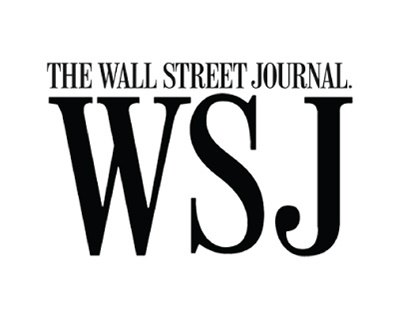
The New Employer Benefit: Matching Emergency Savings
More employers are adding emergency savings accounts to employee benefit programs, reflecting a desire to attract and retain workers and help them better prepare for unexpected expenses.
Under way since before the pandemic, the trend has picked up steam in recent months, with companies encouraging employees to fund emergency accounts, in some cases by offering them cash and other incentives.
“Employers are aware that if you can’t cover your day-to-day expenses, you’re not going to save for long-term goals, such as retirement,” said Leigh Phillips, CEO of nonprofit SaverLife, which rewards users who participate in activities including savings challenges with chances to win prizes of as much as $10,000. Emergency savings, typically three to six months of expenses held in cash, is “the way to start someone with a saving habit.”
SaverLife’s 500,000 users include some who participate through employers. In July, KFC’s nonprofit KFC Foundation began offering workers up to $240 over six months to match contributions to an emergency savings account.
Regulators have been eyeing ways to remove barriers that make it difficult for employers to automatically enroll workers into emergency savings accounts, something the 2006 Pension Protection Act did in 401(k) accounts. Due to the widespread adoption of automatic enrollment in workplace retirement accounts, employee participation has risen dramatically in recent years.
This month, Sen. Cory Booker (D., N.J.) introduced a bill to make it easier for employers to auto-enroll workers in emergency-savings accounts. (Workers would be able to opt out.) A bill sponsored by Sens. James Lankford (R., Okla.) and Michael Bennet (D., Co.) would allow workers one penalty-free annual withdrawal of up to $1,000 from a retirement account for emergency expenses. Employees would have to repay the money before taking another distribution.
The Consumer Financial Protection Bureau recently issued guidance employers can use to protect themselves against some liability when automatically enrolling workers in emergency savings accounts outside the 401(k).
Employers are responding to data that indicate workers are financially stressed.
The Federal Reserve in 2019 reported that 37% of adults lack the funds to cover a $400 emergency. Nearly a quarter of the 11,000 respondents to a November 2020 Federal Reserve survey said they were worse off financially than a year before. Those who were laid off and people with less education were more likely to have fallen behind.
Record-keepers to 401(k) plans report that about 6% to 8% of account owners raided their retirement savings in 2020, up from 2% in a typical year.
Employers say workers who are stressed about money are often less productive. Among the 464 employers Willis Towers Watson surveyed, 34% said financial stress is creating workforce challenges such as absenteeism, up from 26% in 2017.
Becky Dillon, 31 years old, said an emergency savings account she began funding in 2019 through a program sponsored by her employer, Alorica Inc., helped her family weather the recession. Ms. Dillon, who works for a call center in Bluefield, W.Va., said she initially hesitated to sign up. “I was like, ‘I don’t need that. I can save money on my own,’ until I remembered that I wasn’t saving.”
Ms. Dillon received a $20 deposit from her employer-sponsored program when she linked her bank account to the SaverLife platform.
She said she also received $240 in matching funds for saving about $600 over six months. The savings, which came in part from eliminating fast food and grew to about $1,000 before the pandemic, enabled her family to make ends meet when her husband, a mechanic, had his hours reduced.
Letisha Lamb, a senior human resources generalist at Alorica, said “a large majority” of the Bluefield workforce, which typically numbers up to 300, have participated in the savings program, which is available through a partnership with the call center’s client, Intuit Inc. She said 75% of participants have saved $500 or more.
Recently, Ms. Dillon amassed enough in her emergency account to purchase a computer.
“Even saving a little bit can soften the blow of unexpected expenses,” she said. “If I hadn’t been able to buy the computer, that would have put me into credit card debt and could have caused a big spiral downward.”
To read the full article go to:https://on.wsj.com/3tZmQLR